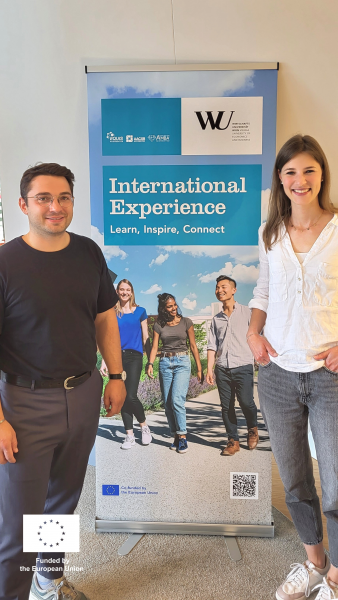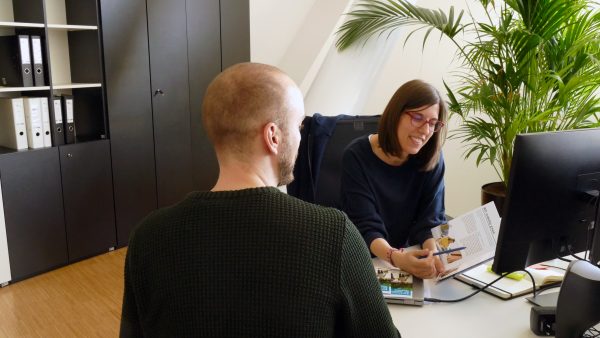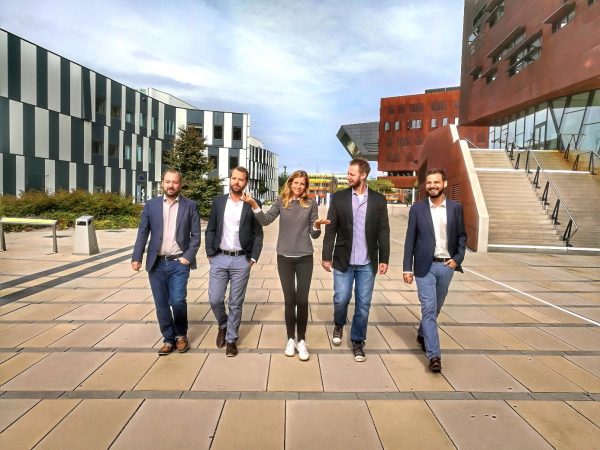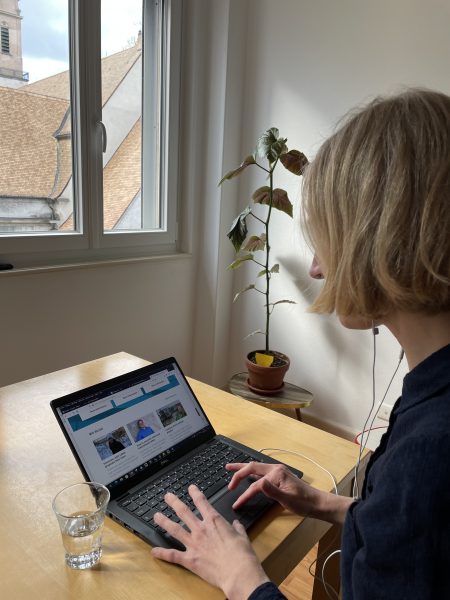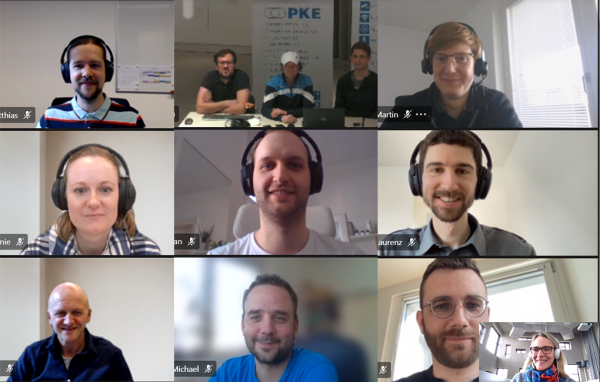From Vienna to Sarajevo: An international exchange and teaching experience
Lecturers Valentin Kiefner, MSc and Univ. Prof. Dr. Florian Zapkau from WU’s Institute of International Business completed a teaching mobility at the University of Sarajevo. In an interview for WU’s Blog, we get insights what a teaching mobility looks like and which benefits come with teaching in a foreign country. Financially, their teaching endeavors were supported through Erasmus+ International Credit Mobility funding.
WU Blog: As part of WU’s faculty, you have had an international teaching experience. What motivated you to teach at a university abroad?
Valentin Kiefner: As a research and teaching associate at WU, I was motivated to teach at a university abroad for several reasons. It provided an opportunity to share my knowledge and expertise with students from a different cultural and academic background. Additionally, teaching abroad enhanced my skills because I exposed myself to different teaching methods and styles. Taking part in the Erasmus+ program allowed me to establish new contacts and collaboration with academics in my field.
Personally, a great motivation was to get to know the Eastern European countries a little bit better. For many people in the German-speaking part of Europe, it is more common to travel to countries in the west and south. I am no exception, so I wanted to try something new and learn more about our neighbors in the east.
WU Blog: Through Erasmus+ International Credit Mobility funding, WU supports academic staff. Where do you see the benefit in such a staff mobility? Is there added value for WU students and if yes, what does it look like?
Valentin Kiefner: The Erasmus+ International Credit Mobility funding provides numerous benefits for both academic staff and students. For academic staff, it offers an opportunity to teach and collaborate with colleagues from different countries. In terms of added value for students, it allows them to learn from a diverse range of academics. This helps to broaden their perspective and prepares them for a globalized job market.
WU Blog: Which university did you go to as a guest lecturer via Erasmus+? How did you perceive your host institution? How close was the exchange with the local students, lecturers, and departments?
Valentin Kiefner: Together with my colleague, Univ. Prof. Dr. Florian Zapkau, I travelled to Sarajevo, the capital of Bosnia and Herzegovina. At the School of Economics and Business of the University of Sarajevo, we gave our guest lectures around the topic of Entrepreneurship & Sustainable Development in International Business. The Bosnian students were especially eager to learn more about the intersection of entrepreneurship and sustainability and were particularly active in class. We perceived our host institution as welcoming and supportive. Learning about the cultural and professional subtleties, where to get the best food and which places to visit was a personal highlight for me. Sarajevo is a city with such a rich history – it is definitely worth a visit.
WU Blog: Regarding networking and WU’s visibility on the international stage, is there anything you would like to pass on to your WU colleagues?
Valentin Kiefner: By actively engaging with local academics, teaching students abroad, and collaborating on research projects, WU colleagues can enhance their network and contribute to WU’s visibility on the international stage. The Erasmus+ mobility grant offers this opportunity and is a great way to represent our institution abroad. Teaching our students to engage in cultural exchange is much easier when they can relate to experiences you have made yourself.
WU Blog: Which advice do you give WU students regarding international experience?
Valentin Kiefner: As someone who has made exchange experiences while studying, I can only encourage you to jump into the cold water. For me, an international experience is about getting out of the comfort zone and experience a country which is not among the usual choices. You will be surprised how much you will learn about the people in a different environment and about yourself. Of course, the academic experience is in the foreground and a university with a great reputation is a solid choice with regards to your CV. But these universities are often in countries with a greater cultural proximity to our own home country and don’t offer the culture shock you never knew you wanted.
WU Blog: Ms. Nell, You are coordinating Erasmus+ International Credit Mobility funding for faculty exchange with WU partner universities. What challenges and personal highlights does this work entail?
Julia Nell (WU International Office): When people hear “Erasmus+ exchange”, they mostly think of students studying abroad. What most people don’t know, is that Erasmus+ has exported its activities to the global scale by now and that it also facilitates staff exchange. This is challenging because it requires quite some groundwork in raising awareness in the first place. After a successful faculty mobility to one of our global partner universities, it is always a highlight to hear from colleagues about their enriching experiences abroad.
„Funded by the European Union. Views and opinions expressed are however those of the author(s) only and do not necessarily reflect those of the European Union or the European Education and Culture Executive Agency (EACEA). Neither the European Union nor EACEA can be held responsible for them.“














